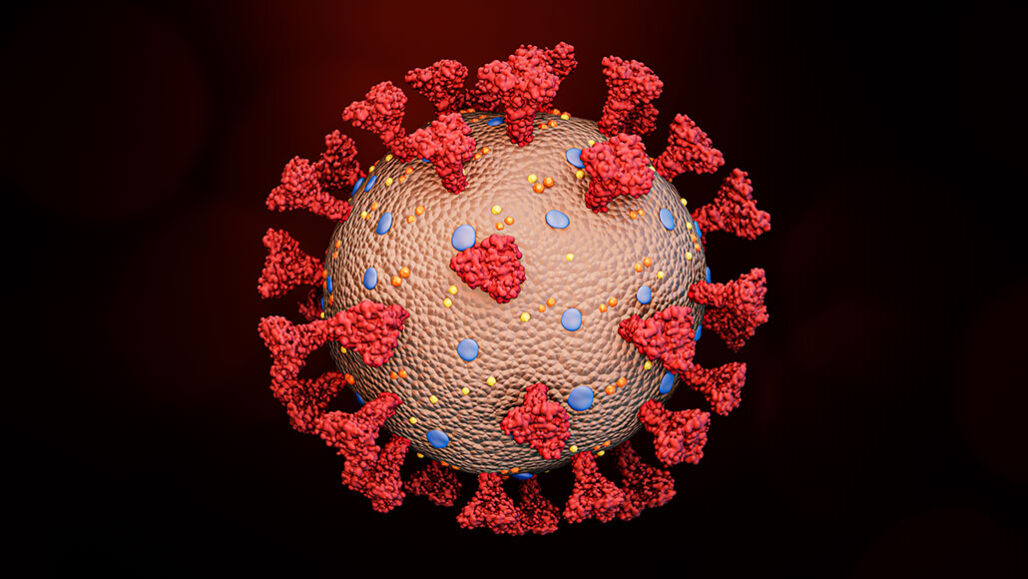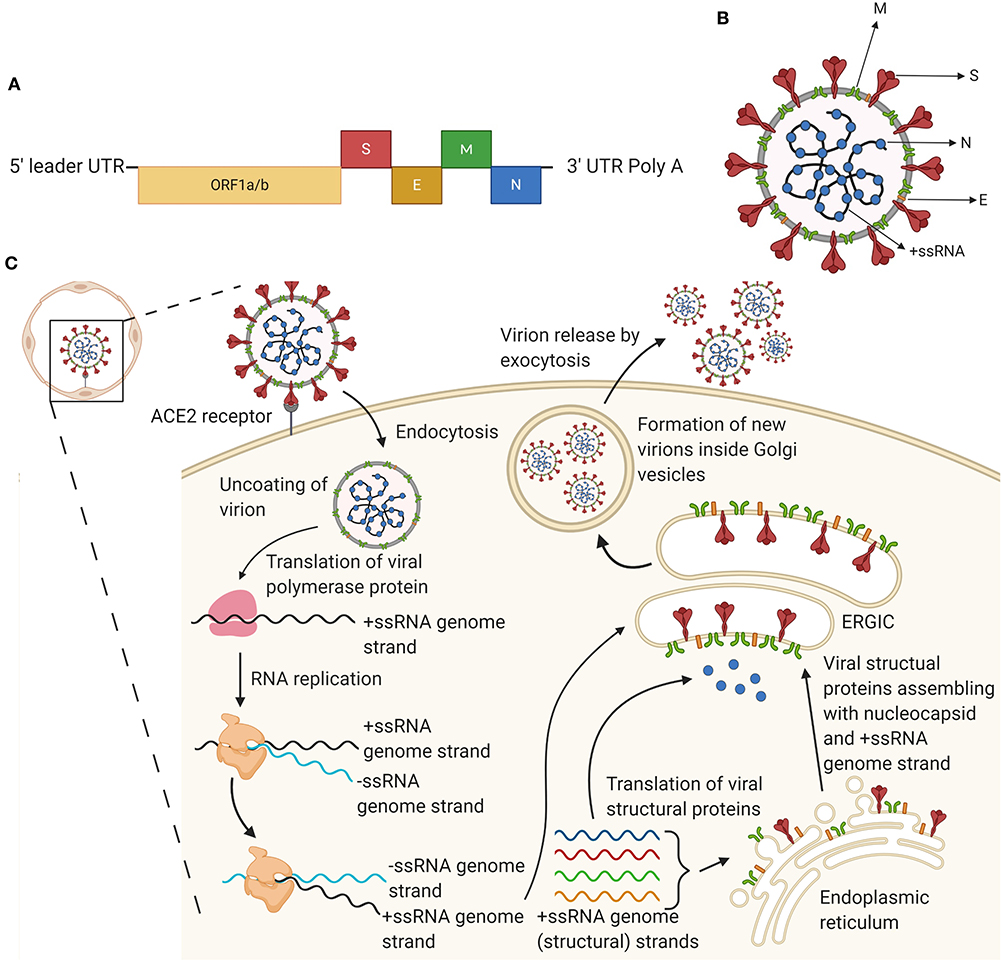

While the piece introduced by the vaccine rapidly fades away, your body's immune system remembers what it saw. doi: 10.3389/ generally work by introducing a piece of a virus or bacteria into your body so you can develop long-lasting immunity to the pathogen. The effectiveness of COVID-19 vaccines in reducing the incidence, hospitalization, and mortality from COVID-19: A systematic review and meta-analysis. Rahmani K., Shavaleh R., Forouhi M., Disfani H.F., Kamandi M., Oskooi R.K., Foogerdi M., Soltani M., Rahchamani M., Mohaddespour M. Effectiveness of COVID-19 mRNA vaccination in preventing COVID-19–associated hospitalization among adults with previous SARS-CoV-2 infection-United States, June 2021–February 2022. Plumb I.D., Feldstein L.R., Barkley E., Posner A.B., Bregman H.S., Hagen M.B., Gerhart J.L. Effectiveness of mRNA vaccination in preventing COVID-19–associated invasive mechanical ventilation and death-United States, March 2021–January 2022. Tenforde M.W., Self W.H., Gaglani M., Ginde A.A., Douin D.J., Talbot H.K., Casey J.D., Mohr N.M., Zepeski A., McNeal T. Clinical severity of, and effectiveness of mRNA vaccines against, COVID-19 from omicron, delta, and alpha SARS-CoV-2 variants in the United States: Prospective observational study. Lauring A.S., Tenforde M.W., Chappell J.D., Gaglani M., Ginde A.A., McNeal T., Ghamande S., Douin D.J., Talbot H.K., Casey J.D. The dawn of mRNA vaccines: The COVID-19 case.

Verbeke R., Lentacker I., De Smedt S.C., Dewitte H.
#Viral spike protein license#
This is an open-access article distributed under the Creative Commons Attribution Non-Commercial (CC BY-NC 4.0) license, which permits others to distribute, remix, adapt, build upon this work non-commercially, and license their derivative works on different terms, provided the original work is properly cited, appropriate credit is given, any changes made indicated, and the use is non-commercial. The acronyms ADCC, ADCP, CDC, and NK stand for antibody-dependent cell-mediated cytotoxicity, antibody-dependent cell phagocytosis, complement-dependent cytotoxicity, and natural killer cells, respectively. Increased IgG4 in the cancer microenvironment promotes an efficient immune evasion mechanism for cancer due to its special structural and biological properties. With its Fc-Fc binding characteristic, such enhanced IgG4 can interact with cancer-bound IgG as well as Fc receptors on immune effector cells.

Prolonged exposure to cancer antigens causes B cells to change their class and generate IgG4. The suggested pathway for immune evasion evolved by cancer cells through IgG4 produced from B lymphocytes is depicted diagrammatically. Increased IgG4 synthesis due to repeated mRNA vaccination with high antigen concentrations may also cause autoimmune diseases, and promote cancer growth and autoimmune myocarditis in susceptible individuals.ĬOVID-19 IgG4 antibodies SARS-CoV-2 auto-immunity immuno-tolerance mRNA vaccines. However, emerging evidence suggests that the reported increase in IgG4 levels detected after repeated vaccination with the mRNA vaccines may not be a protective mechanism rather, it constitutes an immune tolerance mechanism to the spike protein that could promote unopposed SARS-CoV2 infection and replication by suppressing natural antiviral responses. It has been suggested that an increase in IgG4 levels could have a protecting role by preventing immune over-activation, similar to that occurring during successful allergen-specific immunotherapy by inhibiting IgE-induced effects. Overall, there are three critical factors determining the class switch to IgG4 antibodies: excessive antigen concentration, repeated vaccination, and the type of vaccine used. HIV, Malaria, and Pertussis vaccines have also been reported to induce higher-than-normal IgG4 synthesis. Additionally, recent investigations have found abnormally high levels of IgG4 in people who were administered two or more injections of the mRNA vaccines. As the immunity provided by these vaccines rapidly wanes, their ability to prevent hospitalization and severe disease in individuals with comorbidities has recently been questioned, and increasing evidence has shown that, as with many other vaccines, they do not produce sterilizing immunity, allowing people to suffer frequent re-infections. To date, 72.3% of the total population has been injected at least once with a COVID-19 vaccine. Globally, around 13.38 billion COVID-19 vaccine doses of diverse platforms have been administered. Less than a year after the global emergence of the coronavirus SARS-CoV-2, a novel vaccine platform based on mRNA technology was introduced to the market.


 0 kommentar(er)
0 kommentar(er)
